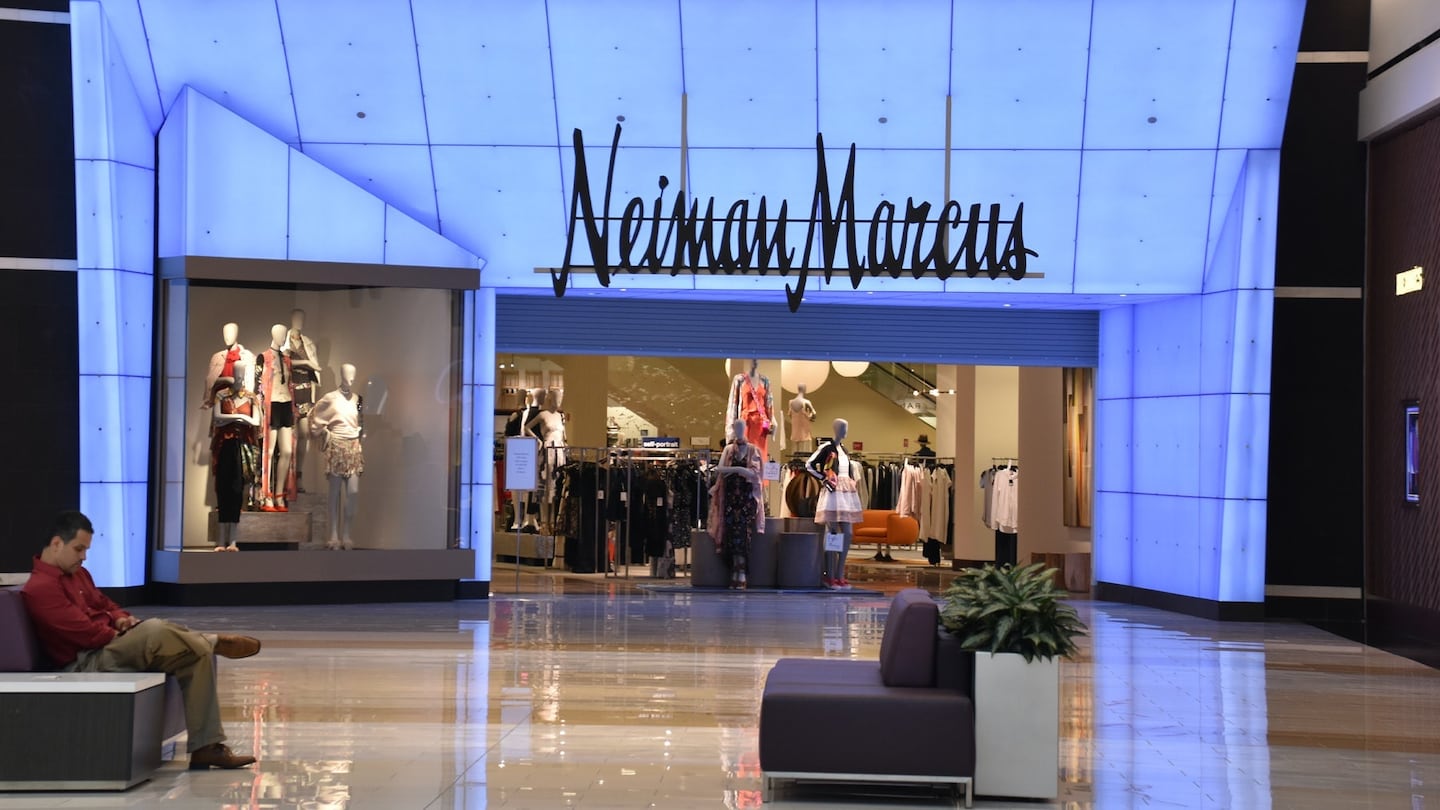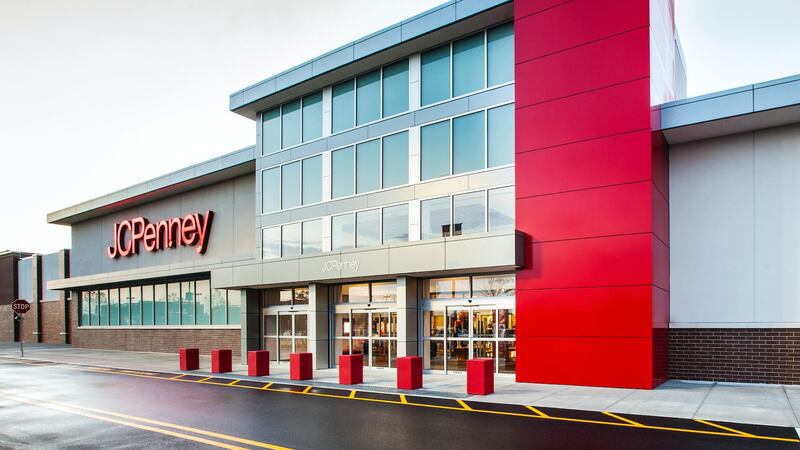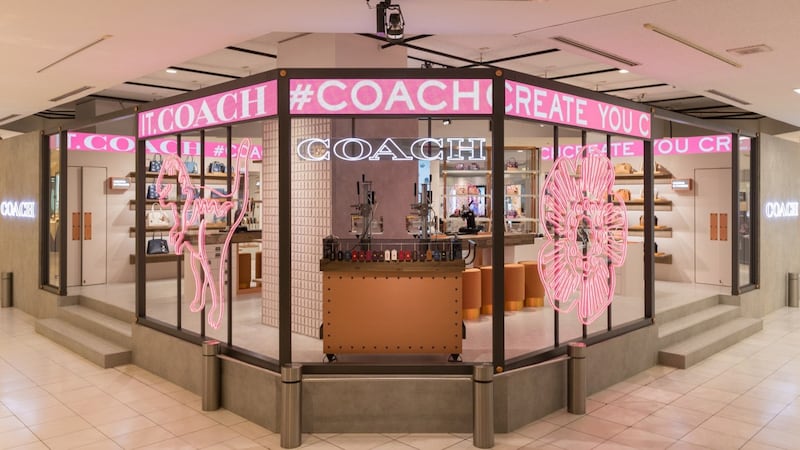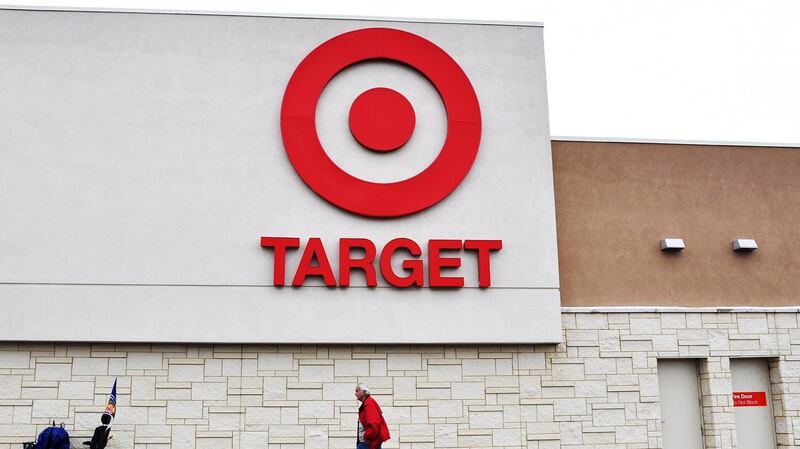
The Business of Fashion
Agenda-setting intelligence, analysis and advice for the global fashion community.

Agenda-setting intelligence, analysis and advice for the global fashion community.

THE CHEAT SHEET
America's Department Stores Are Going Bankrupt

Source: Courtesy
The Bottom Line: Department stores may be the first dominos to fall, but they probably won't be the last. Many American malls rely on department stores as anchor tenants. J.C. Penney closing some stores would further weaken already struggling lower and mid-tier malls, and drag down sales of other stores.
ADVERTISEMENT
Tapestry Provides a Health Check for American Fashion Retail

A Coach pop-up store | Source: Courtesy
Fashion's Big-Box Blues

Some of America's biggest fashion retailers have remained open throughout the Covid-19 crisis — not that it's done the industry much good. Target, Walmart and Amazon have seen surging sales as consumers stock up on essentials. Clothing hasn't made the cut; Target said last week that, while sales were up 7 percent overall and had doubled online, apparel and accessories had plunged by 40 percent in April. Amazon even slowed or halted shipping orders of non-essential items to speed delivery of food and health products, though that bottleneck appears to be easing. Beauty has fared a bit better, as some cosmetics and skin-care products are seen as affordable luxuries that can be tossed in the cart along with the toilet paper and pasta.
SUNDAY READING
Professional Exclusives You May Have Missed:
The Week Ahead wants to hear from you! Send tips, suggestions, complaints and compliments to brian.baskin@businessoffashion.com.
Was this BoF Professional email forwarded to you? Join BoF Professional to get access to the exclusive insight and analysis that keeps you ahead of the competition. Subscribe to BoF Professional here.
The company, under siege from Arkhouse Management Co. and Brigade Capital Management, doesn’t need the activists when it can be its own, writes Andrea Felsted.
As the German sportswear giant taps surging demand for its Samba and Gazelle sneakers, it’s also taking steps to spread its bets ahead of peak interest.
A profitable, multi-trillion dollar fashion industry populated with brands that generate minimal economic and environmental waste is within our reach, argues Lawrence Lenihan.
RFID technology has made self-checkout far more efficient than traditional scanning kiosks at retailers like Zara and Uniqlo, but the industry at large hesitates to fully embrace the innovation over concerns of theft and customer engagement.